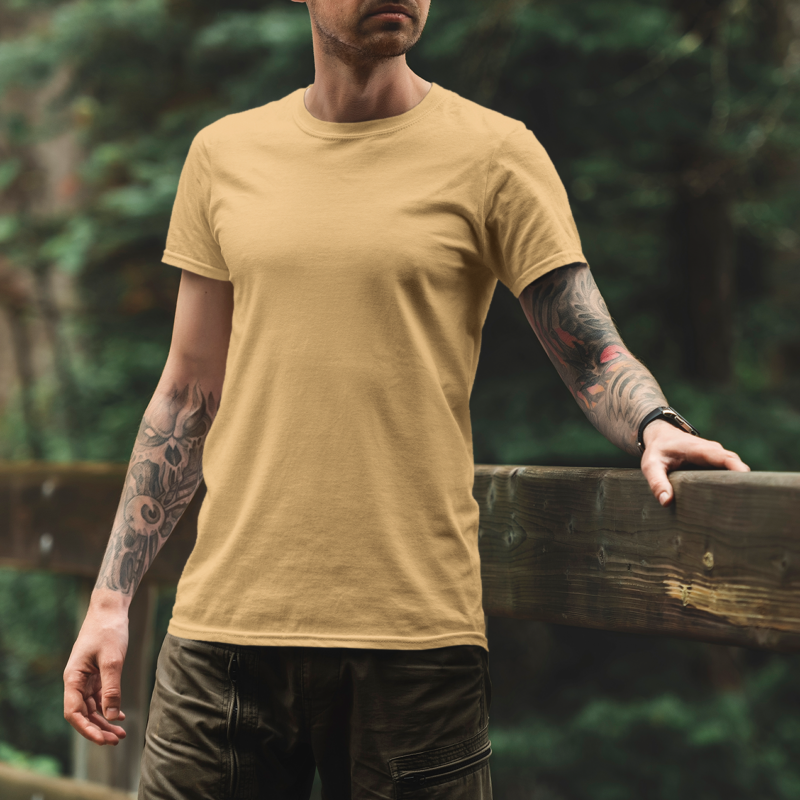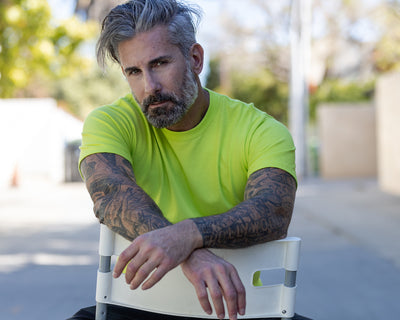Free News On Choosing Hemp Clothing
Wiki Article
Why Is Hemp So Much More Durable, Biodegradable, And Regenerable Than Cotton?
Hemp is believed to be more biodegradable because of its inherent qualities and the way hemp is cultivated. Here's why- Biodegradability-
Natural Fiber Natural Fiber Hemp is a natural plant fibre, that is biodegradable. Fabrics and clothes made of hemp degrade over time. The waste is then returned to the earth without any permanent consequences. This contrasts with synthetic fibres such as polyamide, which can decompose over hundreds of decades.
Hemp textiles are free of synthetic additives They do not contain synthetic additives. Hemp fibers typically don't contain synthetic additives. Contrary to this, some cotton textiles are treated with synthetic chemicals such as dyes or finishes which can hinder the biodegradation.
Durability-
Fiber Strength Hemp fibers are well-known for their durability and strength. Hemp clothes and textiles are more resistant to tear and wear which makes them more durable in comparison to cotton-based products. The durability of hemp clothing allows it to withstand many more washing cycles and wear cycles with no indications of wear and tear.
Less Prone to Pillingless prone to pilling Hemp fabrics are less susceptible to pilling (the formation of small fuzzy balls on the surface of the fabric) as compared to cotton. This contributes to their durability and quality.
Regenerative Agriculture-
Health of the soil Hemp cultivation has the potential to regenerate soil when it is practiced sustainably. The roots deep in hemp can stop soil erosion and compaction, and can enhance soil health by the aeration process and increased microbial activity. This regenerative element can help the soil be more suited for the future growth of crops.
Low environmental impact- Sustainable hemp cultivation methods require the use of only a few pesticides. Cotton farming is a common method that can result in soil degradation as well as water pollution, among other environmental problems due the use of synthetic chemicals.
Water Efficiency-
Hemp can be grown with less water than cotton. Hemp's drought-resistant properties permit it to flourish in conditions of minimal irrigation or rainfall. This makes it a better choice in areas with limited available water like dry regions.
Hemp is an excellent crop to incorporate into rotational systems. It will help improve soil health as well as reduce the likelihood of disease development and soil loss. In cotton farming the practice of crop rotation is not as common.
Hemp is a versatile substance that can be applied to a number of different items, including building materials, textiles, clothing and paper. The versatility of hemp implies that it is able to support a variety of industries with eco-friendly, sustainable practices.
Although hemp has many advantages but it is essential to keep in mind that hemp and cotton can both be produced in a sustainable or non-sustainable way, depending on methods of farming and processing. Selecting hemp products made using ethical and sustainable practices can maximize its environmental benefits. Organic cotton products are a good way to reduce the environmental impact of cotton that is conventionally grown. Have a look at the most popular hemp clothes hints for more tips including hemp textiles, hemp garments, hemp clothing wholesale, hemp polo shirts, hemp hoodie, hemp shirts wholesale, 100 hemp t shirt, hemp fabric, hemp work pants, patagonia hemp work pants and more.

What Are The Practical And Technical Benefits Of Hemp Clothing Versus Traditional Fibres?
Hemp clothing offers a variety of functional and technical advantages in comparison to traditional fabrics. It's also eco friendly. Hemp clothing offers several advantages which make it an ideal eco-friendly and high-performance choice.
Hemp fibers have a high capacity for wicking and are extremely air-tight, which means that hemp clothing is comfortable under any conditions. They help keep you dry and cool, as well as help to stop the growth of bacteria.
Temperature Regulation-
Hemp clothing is extremely thermoregulatory properties. It helps keep your body warm by absorbing warmth near your body and assist you in staying cool in hot weather. This natural thermoregulation can reduce the frequency of changing clothes.
Durability and long-term durability:
Hemp fibres are well-known for their the durability. Hemp clothing tends to be more robust and resistant to wear and tear as compared to some traditional fibers like cotton. This means that hemp garments are more durable and last for longer. They can also decrease the amount of times you have to change them out, which has a negative impact on the environmental.
UV Protection
Hemp fibers protect the skin from UV radiation and provide natural UV protection. This is especially beneficial for outdoor sports and activities.
Biodegradability:
Hemp clothing biodegrades over time, so it breaks down after being disposed. This reduces the the environmental impact of textile waste, because synthetic fibers are not suitable for landfills to remain.
Low Environmental Impact-
Hemp cultivation typically requires fewer synthetic herbicides and pesticides as than conventional cotton. The hemp plant uses less water, making it an ideal choice for the ecological environment. This eco-friendly aspect is further amplified by organic farming.
Carbon Sequestration
Hemp can be used to absorb CO2 from the atmospheric air. The cultivation of hemp acts as a carbon-sink, which assists in reducing the amount of greenhouse gases.
The Sustainable Future and Crop Rotation
Hemp can easily be integrated into crop-rotation systems that improve the overall health of the soil. It also reduces the chance of soil depletion or accumulation of diseases. This sustainable farming method can help reduce environmental impacts.
Versatility:
Hemp fibers may be blended with other substances (such as organic Cotton or recycled polyester) to make eco-friendly, high-performance fabric blends. This flexibility allows it to make eco-friendly and sustainable fabrics.
Low Toxicity
Hemp is naturally low in toxics and doesn't require extensive processing using chemicals in its manufacturing, which reduces environmental impact.
Apart from hemp's numerous practical and environmentally friendly benefits, it is important to be aware that the sustainability of clothing may be impacted by other factors like dyeing techniques transport, ethical labor practices. People who are looking to make eco-friendly choices should select clothing brands that make use of hemp and other sustainable fibers, and should prioritize transparency and ethical manufacturing. Check out the top recommended you read about hemp clothes for site tips including hemp coat, hemp athletic wear, hemp tees wholesale, hemp underwear, 100 hemp t shirt, mens hemp t shirts, hemp apparel wholesale, hemp shorts, hemp boxer shorts, mens hemp trousers and more.

What are the main differences between hemp and bamboo fibers?
Hemp and bamboo are two different plant-based fibers that are used in textile manufacturing, each with its unique qualities and characteristics. These are the main differences between hemp and bamboo fibers. Plant Source-
Hemp- Hemp fibres are made from the outer bast of the stalks. Hemp has been utilized for a variety of reasons over the years. It is a fast-growing and adaptable plant.
Bamboo- Bamboo fibres are produced from the bamboo pulp plants. Bamboo is a fast-growing grass species renowned for its rapid renewal and sustainability.
2. Fiber Characteristics
Hemp Fibers- Hemp's fibers are strong and durable. They're one of the strongest fibers in nature and get softer each wash, which is why they're great for creating textiles.
Bamboo- Bamboo is a silky, soft fiber. They are not as strong like hemp fibers and may be more delicate, however they are valued for their suppleness against skin.
3. Texture & Feel
Hemp- Hemp has a somewhat coarse texture, particularly in its natural form. It's soft, but the texture is different than bamboo.
Bamboo- Bamboo material is smooth, soft, and silky. It is often described by those who wear it as feeling like a mix of cotton and silk.
4. Breathability, Moisture Wicking and Breathability
Hemp- Hemp is naturally and breathable. It also absorbs moisture. These can keep you cool during hot summer days.
Bamboo Fibers- Bamboo fibres have an excellent degree of breathability and moisture wicking. They're stocked with micro-gaps that enhance their capacity to regulate the temperature and moisture.
5. Environmental Impact-
Hemp- Hemp is considered as an eco-friendly fibre due to its low water consumption rapid growth rate, as well as resistance to pests. This reduces the requirement for pesticides and herbicides. It can also absorb carbon dioxide from the atmosphere during its growth.
Bamboo's sustainable nature is well-known. It is fast-growing, uses minimal water and can be planted without herbicides or pesticides. Some bamboo species like Moso Bamboo, are considered to be highly sustainable.
6. Processing-
Hemp Fibers- Hemp fibers undergo a lot of processing that is required to separate out the outer bast from the wooden core. Processing can involve the process of retting (decortication), mechanical separation, or retting.
Bamboo Fibers- Bamboo fibers are made through a chemcial process called the viscose/rayon method. Bamboo pulp is broken down using chemicals. Some bamboo textiles however, use closed-loop processes to reduce chemical waste.
7. Versatility-
Hemp Fibers Hemp fibers have a number of uses, which include clothing, textiles papers, and construction materials.
Bamboo fibers are used in a variety of products, including towels and bedding.
Both bamboo and hemp possess unique properties and offer the benefits of sustainability. It is dependent on the qualities you want in a product, and how environmentally conscious you are. Check out the recommended bamboo clothing for more tips including bamboo pants ladies, organic bamboo pajamas, checkered bamboo pajamas, onno bamboo shirts, bamboo onesies, bamboo activewear, bamboo pants mens, bamboo sweater, bamboo hawaiian shirts, bamboo t shirts mens and more.
